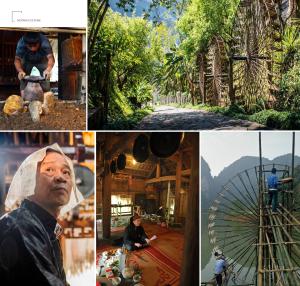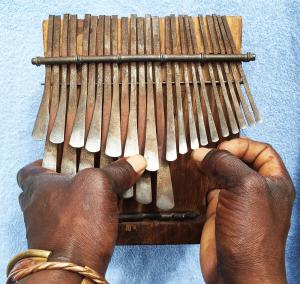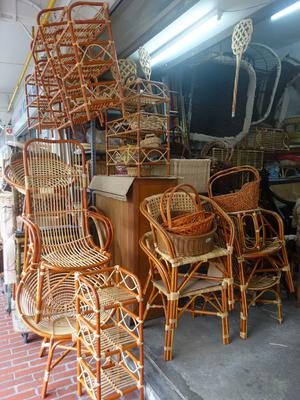Falconry is the traditional activity of keeping and training falcons and other raptors to take quarry in its natural state. Originally a way of obtaining food, falconry is today identified with camaraderie and sharing rather than subsistence. It is mainly found along migration flyways and corridors, and is practised by people of all ages, men and women, amateurs and professionals. Falconers develop a strong relationship and spiritual bond with their birds, and great commitment is required to breed, train, handle and fly the falcons. Falconry is handed down from generation to generation as a cultural tradition by various means, including mentoring, learning within families and formal training in clubs. In the United Arab Emirates, Mongolia, Morocco, Qatar and Saudi Arabia, for example, falconers take their children to the desert and train them to handle the birds and build a relationship of trust with them. While falconers come from different backgrounds, they share common values, traditions and practices such as the methods of training and caring for birds, the equipment used and the bonding between falconer and bird, which are similar throughout the world. Falconry forms the basis of a wider cultural heritage, including traditional dress, food, songs, music, poetry and dance, all of which are sustained by the communities and clubs that practise it.
11-15-2018

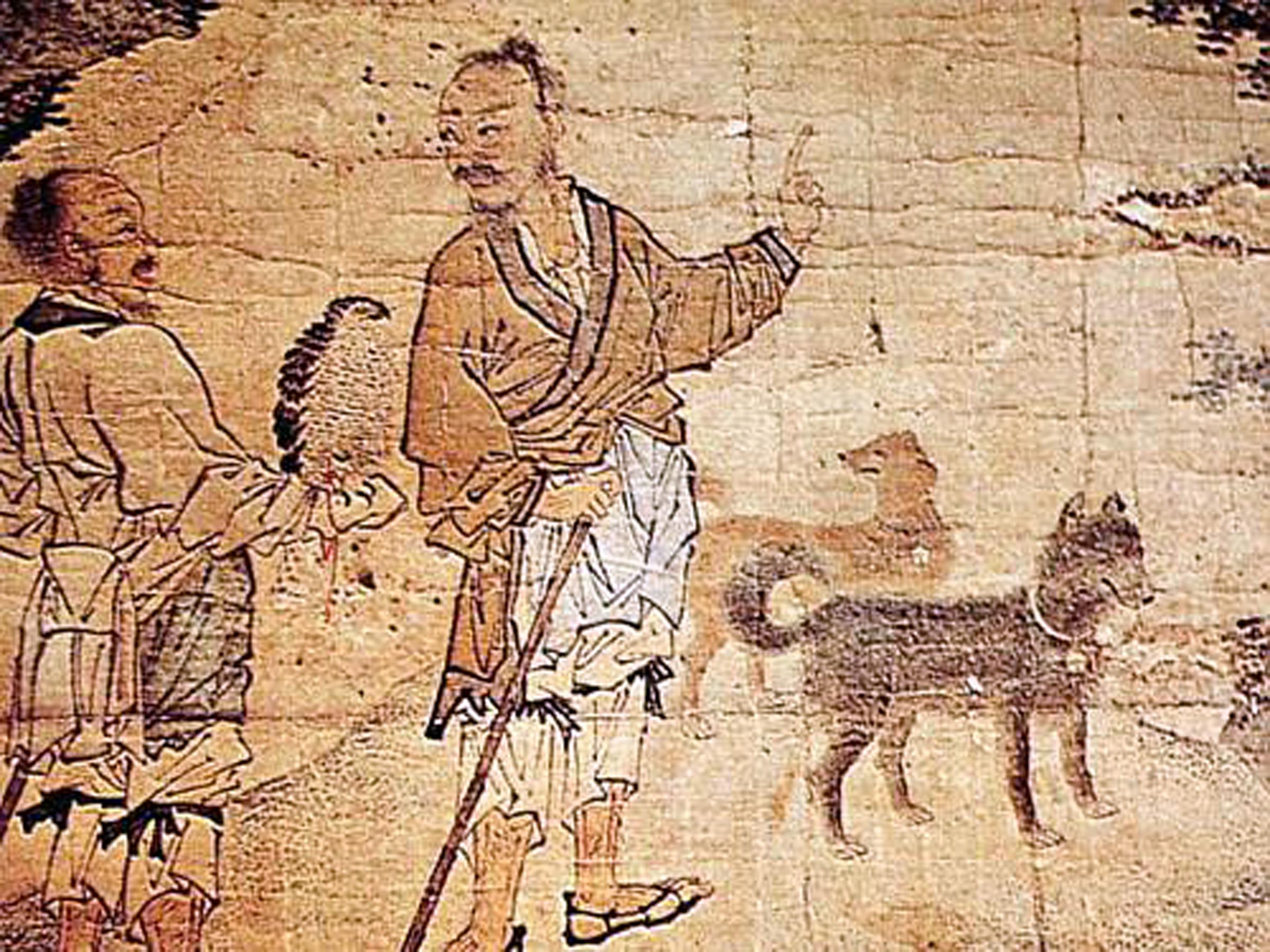
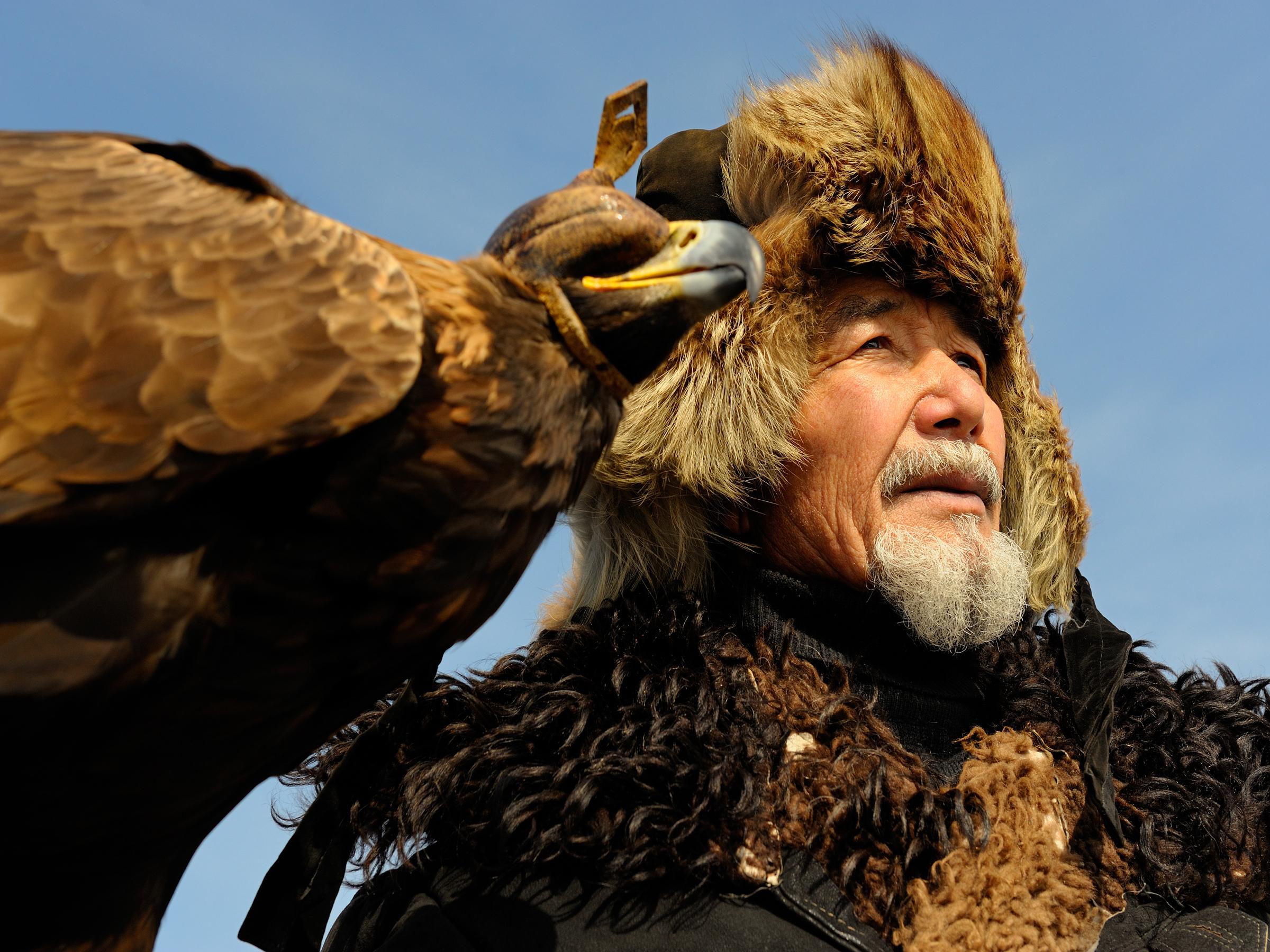


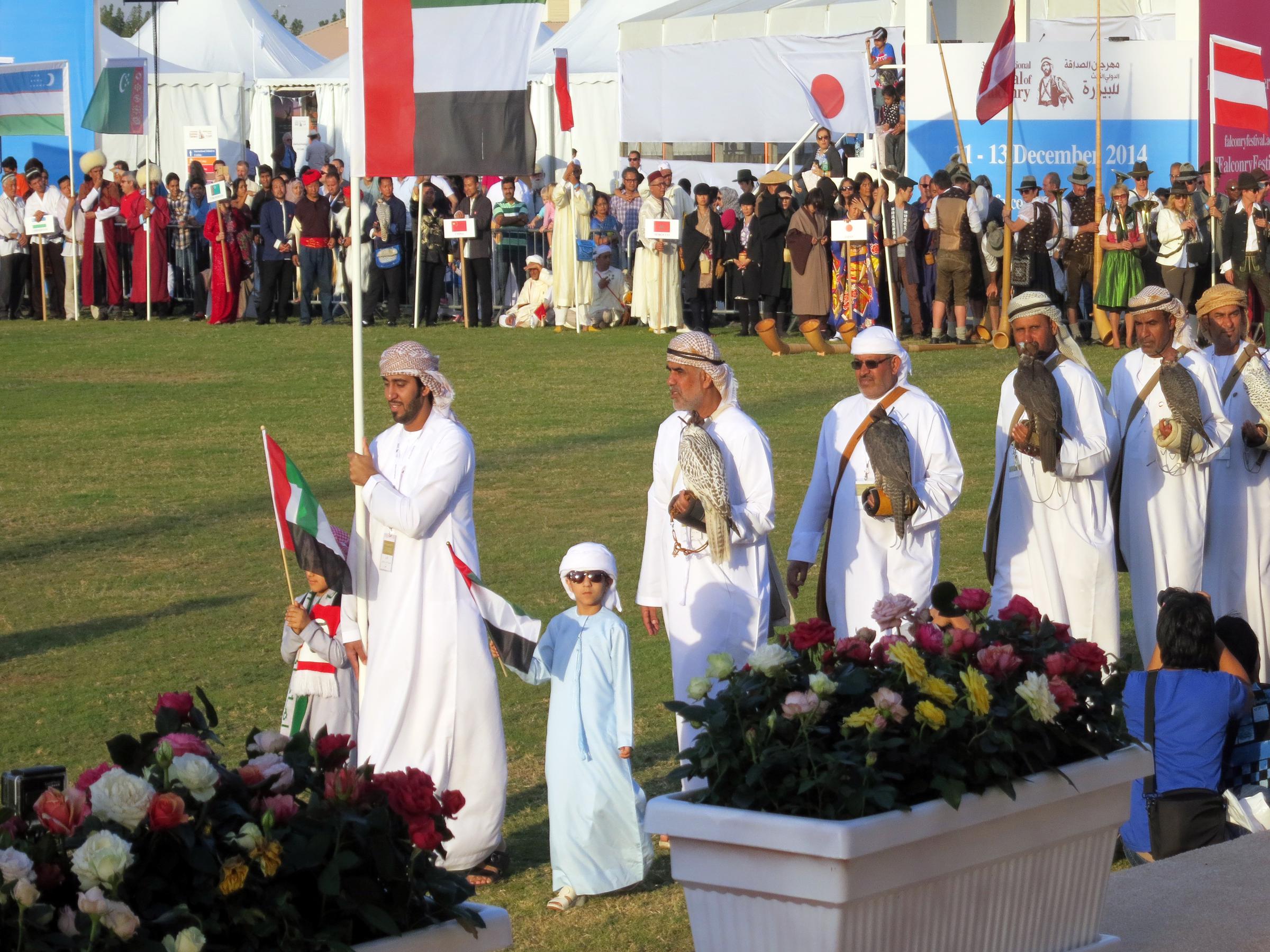
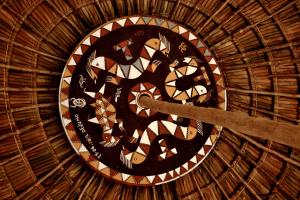

.jpeg)
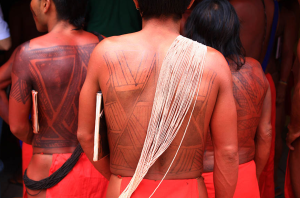
.jpg)
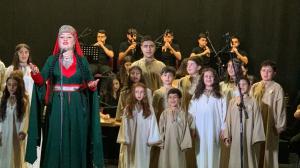
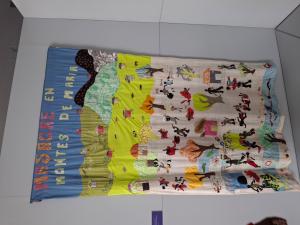

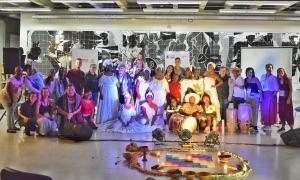
.png)
.jpg)















_(31711258567).jpg)

















